[vc_row][vc_column width=”1/4″][gem_image style=”1″ src=”25764″][/vc_column][vc_column width=”3/4″][vc_column_text]The transoceanic exploration vessel, Yersin, will depart from Port Hercules in Monaco July 2017 and return Summer 2020. The vessel will navigate during three years the globe with the Monaco Explorations team alongside scientific and media teams, and will visit approximately nine (9) areas to conduct scientific research in remote locations on the sea.
Initiated by HSH Prince Albert II of Monaco and with the support of the Princely Government and the ship’s owner François Fiat, the Monaco Explorations campaign will continue the Principality’s long tradition of sea exploration as well as its influence in politics and policies of sea conservation. The campaign provides a research platform for dozens of scientists worldwide and aims to raise public awareness regarding the research findings as well as the many threats facing the seas today. Robert Calcagno, Director of the Institute Oceanographic in Monaco, will lead the missions.
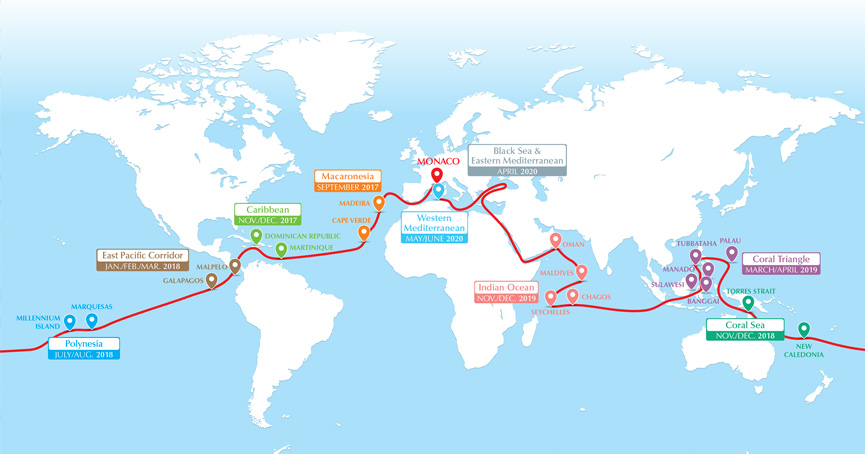
“The greatest ills the oceans suffer are the result of our ignorance…” said HSH Prince Albert II at the press conference at the United Nations headquarters on the eve of World Oceans Day.
“The ocean depths are in large part unexplored, the intermediate areas almost ignored, marine biodiversity is widely misunderstood. We struggle to identify the multiple threats and effects, whether it is about the acidification of the oceans, on which I have been mobilising myself for years, about pollution, particularly plastics, or about the weakening of some ecosystems, which are, upsetting the balances of our seas. “
The first stop of the campaign will be in Macaronesia, a group of four archipelagos in the Atlantic Ocean, and Cape Verde off the western coast of Africa. The focus on this stop will include studying biodiversity and mega fauna, marking for data collection, extracting environmental DNA, and developing a deeper understanding of the chemical and biological effects of global warming. Researchers will study little known but very rich areas of biodiversity such as seamounts and, finally, there will be a focus on the development of programs dedicated to protecting endangered species.
The Monaco Explorations campaign’s scientific programs as well as the equipment on the vessel were carefully selected by the Scientific Steering Committee; a global team of internationally renowned scientists who are also leaders of recognized research organizations in marine biology. Professor Patrick Rampal, Director of the Centre Scientifique de Monaco, a coral and marine research center based in the Principality, heads the Committee.
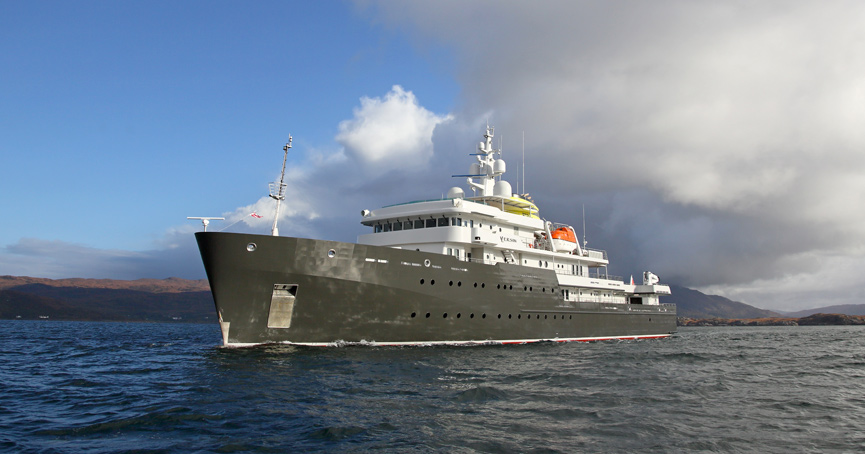
The Yersin is a 250-foot classified “clean ship” and was built to have as little environmental impact as possible. The ship includes six scientific laboratories with the latest technological equipment.
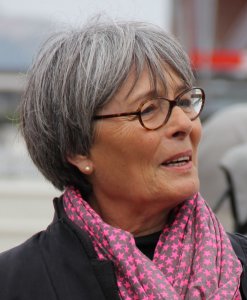 “The ocean is the last continent to be explored,” says French biologist and member of the Monaco Explorations Scientific Steering Committee Françoise Gaill, “The ambition here is to go to the lesser known and most remote areas because the hypothesis is that there is no doubt these areas are a refuge for biodiversity, especially for large animals.”
“The ocean is the last continent to be explored,” says French biologist and member of the Monaco Explorations Scientific Steering Committee Françoise Gaill, “The ambition here is to go to the lesser known and most remote areas because the hypothesis is that there is no doubt these areas are a refuge for biodiversity, especially for large animals.”
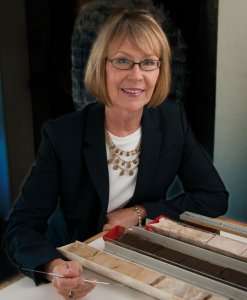 “Research is expensive yet time at sea is essential,” says Scientific Steering Committee member Margaret Leinen, Director of Scripps Institution of Oceanography at the University of California San Diego. “Scientists need innovative and efficient infrastructures and equipment and state of the art ships to conduct sampling and observations that further our understanding of the ocean. Having this ship, designed for science and on expeditions that will visit all oceans is a significant opportunity thanks to Monaco Explorations.”
“Research is expensive yet time at sea is essential,” says Scientific Steering Committee member Margaret Leinen, Director of Scripps Institution of Oceanography at the University of California San Diego. “Scientists need innovative and efficient infrastructures and equipment and state of the art ships to conduct sampling and observations that further our understanding of the ocean. Having this ship, designed for science and on expeditions that will visit all oceans is a significant opportunity thanks to Monaco Explorations.”
With a long history of conviction and political engagement in favor of the protection of the Ocean, HSH Prince Albert II will attend the United Nations Conference to support the implementation of “Sustainable Development Goal, 14: Conserve and sustainably use the oceans, seas, and marine resources” in New York City with His political and personal goals of focusing on expanding and developing marine protected areas through the Monaco Explorations platform.
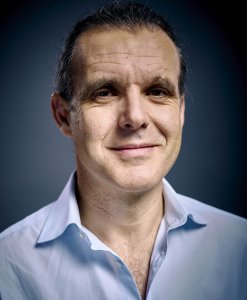 Enric Sala, also a Scientific Steering Committee Member and Chief Explorer at National Geographic said, “Marine protected areas are our national parks in the sea. They protect places of great ecological value and bring back marine life that is disappearing elsewhere.”[/vc_column_text][/vc_column][/vc_row]
Enric Sala, also a Scientific Steering Committee Member and Chief Explorer at National Geographic said, “Marine protected areas are our national parks in the sea. They protect places of great ecological value and bring back marine life that is disappearing elsewhere.”[/vc_column_text][/vc_column][/vc_row]
